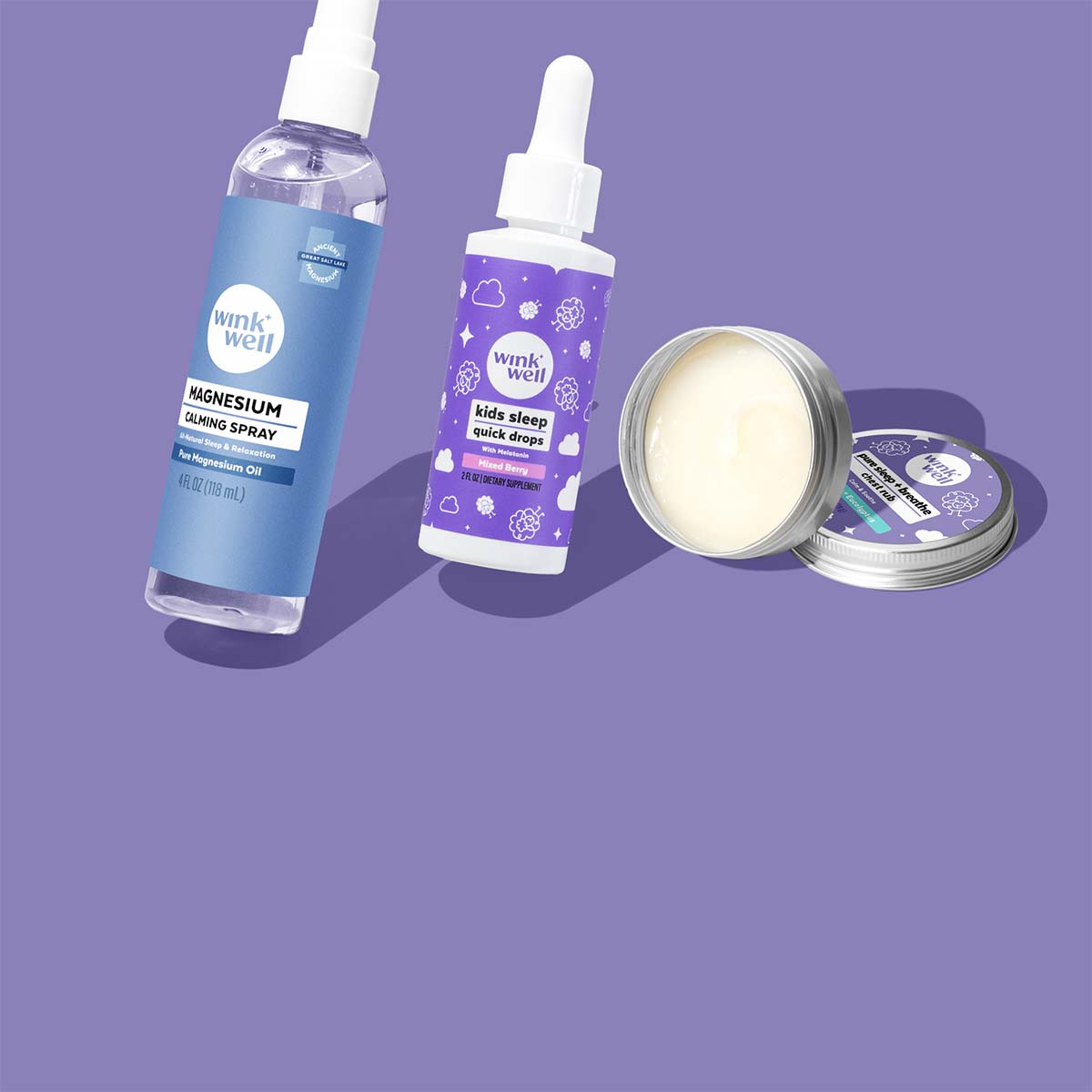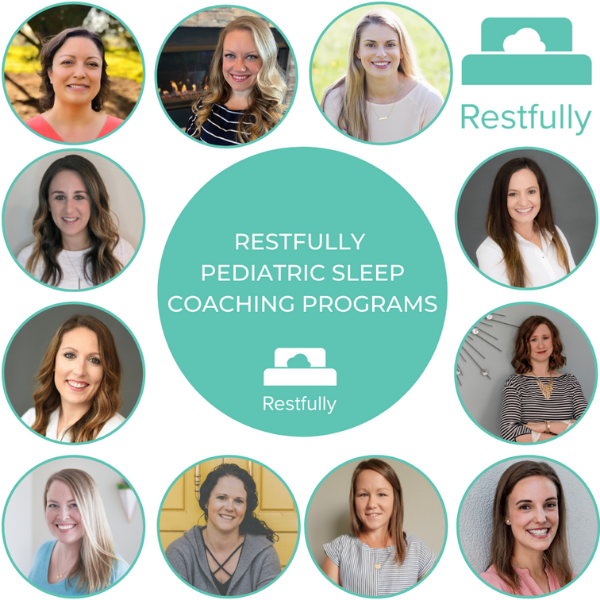Hi! I’m Molly Leighton, wife, toddler mom, and certified pediatric sleep coach.
I solve sleep issues and deficiencies for children of all ages. I create customized sleep plans based on your child’s own set of unique developmental considerations and restore sleep to your entire family. I’ve adopted a science-based approach to my plans for customers to use foundational applications backed by leading research, underlying data indications, and multi-factorial experts in the academic community.
We recently asked you for your sleep questions and I’m excited to answer them for you!
1. Why do kids toss and turn so much?
Children (and adults!) are very active sleepers. First off, it’s important to recognize that every child is unique when it comes to sleep, and most kids will experience some difficulties with sleeping at some point during childhood. If you find that your toddler is tossing and turning constantly throughout the night, and this behavior continues night after night, here are some things to consider before seeking help.
Start to observe your child’s sleep hygiene. Sleep hygiene refers to the routines and practices around your child’s sleep: things like a consistent naptime/bedtime, a healthy and safe sleep environment, and a bedtime routine. Most often, sleep problems can be caused by an issue in their sleep hygiene, and placing a focus on improving sleep hygiene can help.
2. I’m curious about the incidence of sleep struggles in children with special needs. This customer wants to support her students who are blind and visually impaired. How can she explain the circadian rhythm and daylight/darkness increasing melatonin to parents of children who are blind/visually impaired to help them better understand.
Sleep in babies who are born with a visual impairment can be increasingly difficult. This is caused by the lack of circadian rhythms and the naturally occurring hormone Melatonin. Everyone has a circadian rhythm. It is the primary activity of the brain during the early development of children. Circadian rhythms, which are also known as the sleep-wake cycle, are regulated by light and dark. These rhythms take time to develop, resulting in the irregular sleep schedules of newborns.
The hormone Melatonin is high at night and low during the day. Its development is regulated by a rhythm-generating system, which is in turn regulated by light. Children who have a visual impairment perceive light and dark differently. Melatonin rhythms are altered in a variety of circadian rhythm disorders. Sleep is very important to everyone’s health. If you have a child with a visual impairment, you may need to adopt some different techniques or seek the advice of a medical professional.
3. Why do some children get night terrors? And is there anything you can do as a parent to help them so they don’t get them? (Prevent? Treat? Debrief?)
Night terrors can be scary! They can be caused by a number of factors, some of which are surprising! Night terrors can be caused by something your child watched or read. Try to monitor what shows your child is watching and avoid anything that you think is scary or that they seem to be scared of! Night terrors can also be caused by overheating, make sure your child is dressing appropriately for the temperature. We all sleep better in cooler temperatures so try to keep the temperature between 68-72 degrees Fahrenheit for sleep.
If your child has night terrors, do not disrupt them or try to wake them up. You can lay next to them or hold them, but do not try to interfere. If your child does not remember or recall the incident the next day, then it was truly a night terror. If they ensue, seek out professional medical advice.
4. Is there a trick to getting kids to sleep in longer?
If there was, I wouldn’t have a job! All jokes aside, I know we’d all love an extra 10, 15, 30 minutes in the morning, right? A wake-up time between 6-8 am is biologically normal and appropriate for children ages newborn – school age.
If your child is an early riser, meaning they wake well before 6 am consistently, here are a few things you can try to troubleshoot!
Is their room PITCH black? I mean cave-like. If not, invest in some good blackout shades. These are my two favorite blackout shade options, these are paper and can be cut, they’re great for travel. These are more secure and frame right to your window, no light will come through with these!
Take a look at your child’s overall schedule, consider capping their day sleep if they take mega naps, this can help reallocate sleep to overnight!
5. How is melatonin safe to take as a supplement? Does it not affect the change in circadian rhythm?
Melatonin is a hormone that is naturally produced by the pineal gland in your brain. It is both a chronobiotic agent, meaning that it regulates your circadian or body clock; and a hypnotic, meaning that at higher doses it may induce sleep. Melatonin is usually used for its hypnotic effect, but it does not have this effect on everyone. Only the chronobiotic effect occurs in all individuals.
In regard to safety — unlike many other medications which cause you to fall asleep, you cannot overdose on it and it is not a drug. Melatonin is a natural sleep aid with many studies showing safety and efficacy, however, parents should always consult their pediatrician when using it.
Thanks to Molly and Restfully for teaming up with us. If you have additional questions, feel free to leave them in the comments!







Leave a comment
All comments are moderated before being published.
This site is protected by hCaptcha and the hCaptcha Privacy Policy and Terms of Service apply.